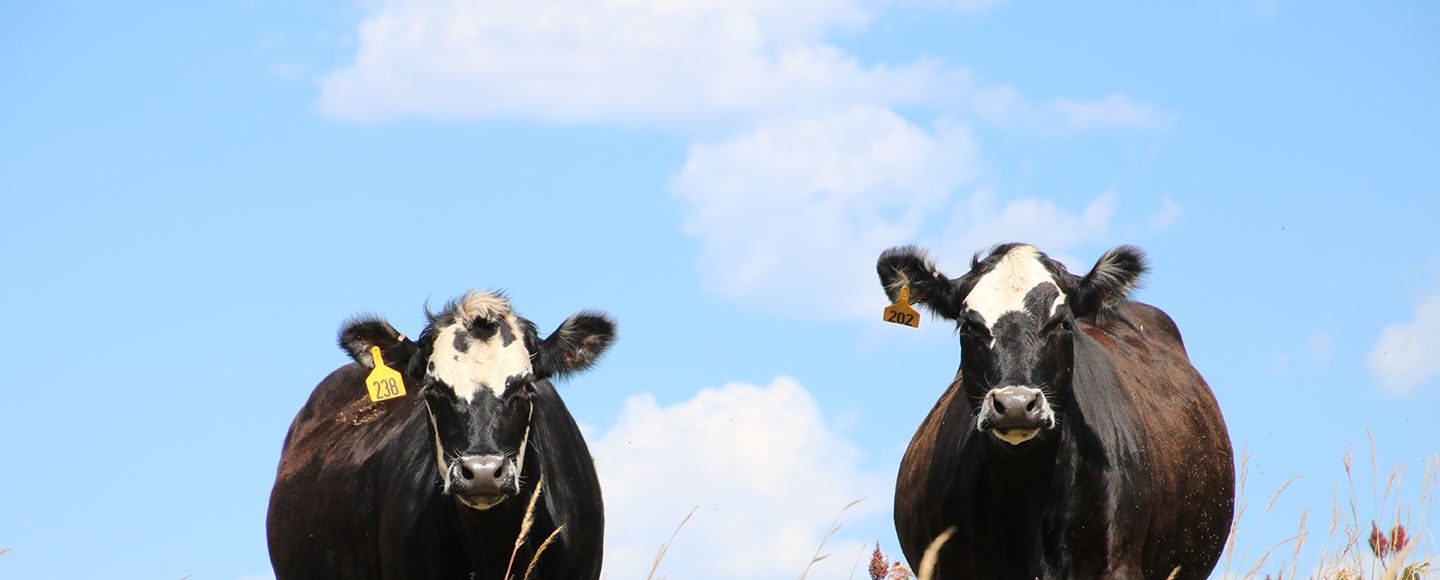
Last week most of the legislative schedule was spent debating bills on both the House and Senate floors. Numerous bills were worked by the respective chambers before the turnaround deadline of February 27. The House wrapped up debate on Wednesday (2/26), while the Senate continued to work bills on Thursday (2/27).
There was activity on a number of bills supported by KLA.
Fake meat - While HB 2437 originally was a non-exempt bill and, therefore, needed to be passed before the turnaround deadline, the House leadership last week referred it to an exempt committee. This referral keeps HB 2437 alive after the deadline and allows the House and Senate to take up the bill any time before the end of the session. This process is known as leadership “blessing” a bill. KLA anticipates this bill will be debated on the floor soon after legislators return from break. The delay in working the bill is attributable, in part, to aggressive lobbying by the fake meat companies from California. Members should continue to contact their legislators to let them know their support for HB 2437. Contact information for individual Kansas legislators can be found on the KLA website here.
Raw milk - SB 308 was debated by the Senate last week. The bill ultimately was forwarded to the House with a vote of 37-3. In committee, the bill was amended to strike language warning consumers about the food safety risk of consuming raw, unpasteurized milk. There was an attempt on the Senate floor to require on-farm sellers of unpasteurized milk to post a warning sign at the point of sale. The amendment, however, was defeated on a vote of 15-23. KLA will work with the House Agriculture Committee to reinsert the requirement for a foodborne illness warning on the label.
Exempting silage trucks from load securement requirements – The Senate debated SB 267 last week and passed the bill with a 39-0 vote. KLA was successful in amending this bill in committee to completely exempt forage commodities being hauled from the point of production to storage or market from failure to secure a load requirements, which carry a misdemeanor charge. The bill was necessary after Kansas law enforcement officers began charging silage truck drivers with the crime during harvest.